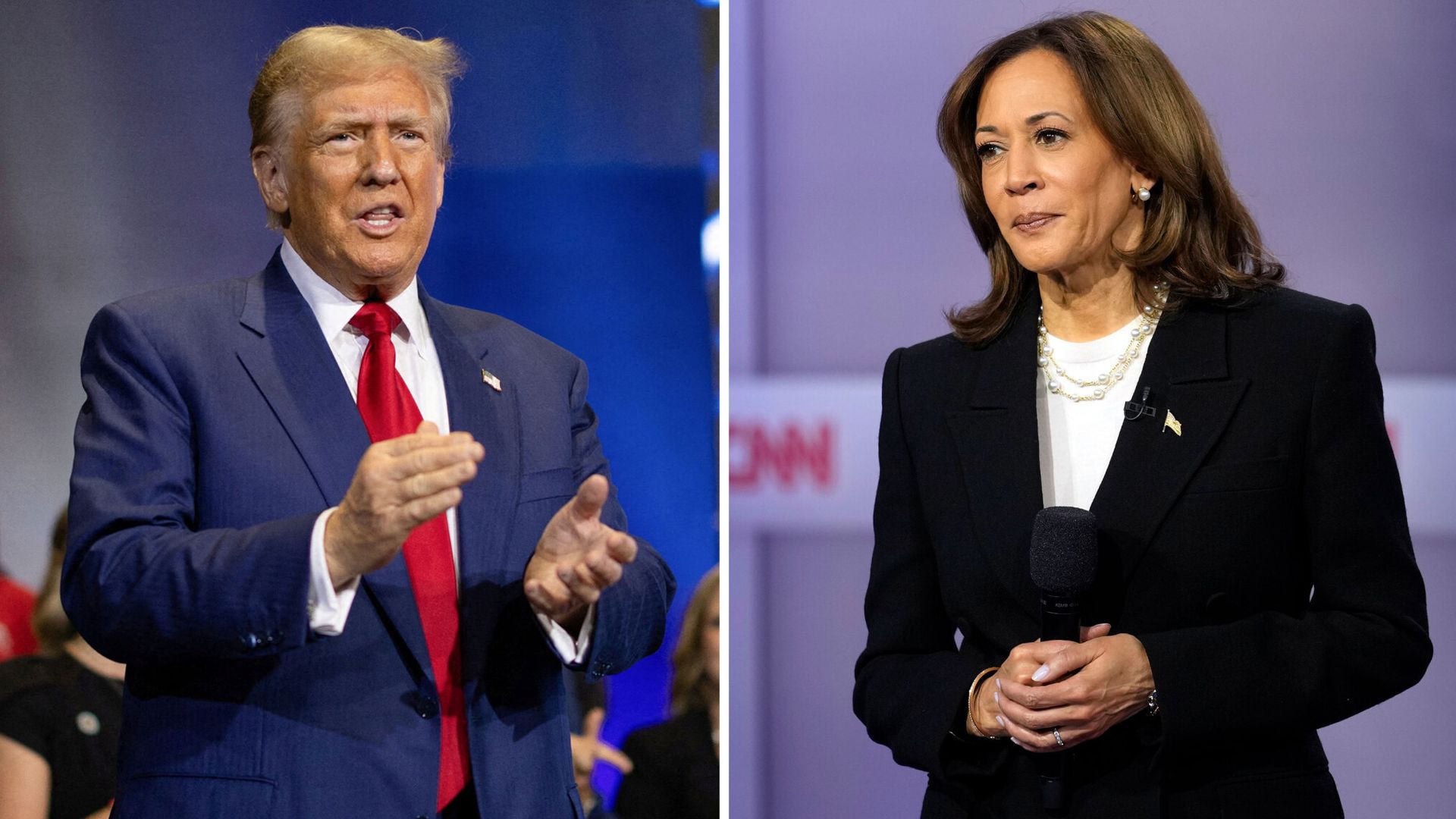
Letters submitted by BDN readers are verified by BDN Opinion Page staff. Send your letters to [email protected]
Thanksgiving is when I am most grateful for the good fortune one of my forebears experienced on his journey from England to Patuxet, some 400 years ago. My ancestor, the pilgrim John Howland, like the other passengers aboard the Mayflower, sought asylum in North America. A separatist, and indentured servant, Howland arrived with 102 other immigrants on the shore of Patuxet (later called Massachusetts by the immigrants). This was home to the Wampanoag people, who had lived there for 12,000 years, hunting, fishing and farming, in dozens of villages.
Before arriving, Howland had already escaped drowning once, after being swept overboard during a storm in the North Atlantic. He was pulled back aboard the Mayflower with the help of other passengers.
Nearly half the immigrants who arrived in the land of the Wampanoag, “People of the first light,” perished that initial winter. Those who survived, including Howland, escaped starvation, in large part, with the help of the native people, who provided food and taught them local hunting and farming techniques.
As the indentured servant to John Carver, the Plymouth Colony’s governor, it seems likely, Howland was at the first treaty forged between Carver and Chief Ousamequin (known to the asylum-seekers as Massasoit). This was the first treaty between the native inhabitants and the English immigrants, lasting a half century, and one of the few upheld by European immigrants with the native inhabitants.
As a result of the help from the Wampanoag and the colonists’ hard work, there was a harvest the following autumn, and a feast at which the remaining immigrants and members of the Wampanoag community celebrated as neighbors.
I am reminded, at Thanksgiving, of the generosity the Wampanoag showed my ancestor and the other Mayflower immigrants, and how our success nearly always depends on others.
Steve Kelley
Kennebunk










